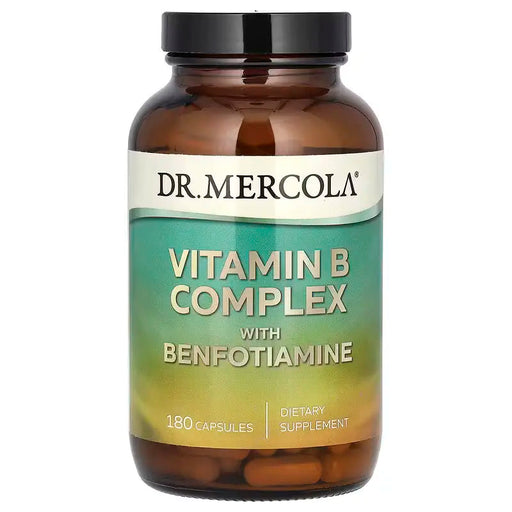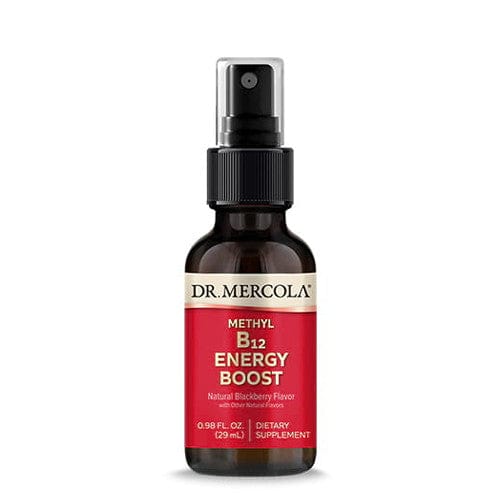Mon-Fri: 9am - 5pm
Excluding Bank Holidays
Mon - Fri: 9:00 - 17:00PM
Excluding Bank Holidays
 Free UK Delivery
On all orders over £60
Free UK Delivery
On all orders over £60
 Worldwide Shipping
With Reduced International Shipping Charges
Worldwide Shipping
With Reduced International Shipping Charges
 15% Off Your First Order
Code: FIRST15
15% Off Your First Order
Code: FIRST15
Vitamins are essential for our overall health and well-being, and one group of vitamins that plays a crucial role in our body is Vitamin B. Vitamin B is not just a single vitamin but a group of various vitamins, each with its own unique benefits. These vitamins, collectively known as the Vitamin B complex, are involved in various bodily functions, including energy production, metabolism, and the maintenance of a healthy nervous system.
Our Vitamin B supplements are formulated with the highest quality ingredients to help your body get back on track. We want to make our Vitamin B Supplements convenient for you so we have available various formats from liquids, gummies, spray or tablets, choose the ones that best suit your lifestyle. Give your body what it needs to perform at its best with our reliable Vitamin B supplements. Find all the best health brands at Oceans Alive!
 Save up to 0%
Save %
Save up to 0%
Save %
B vitamins are important for your brain, nervous system and immune function, energy production, cell metabolism, organ and tissue health and much m...
View full details Save 20%
Save %
Save 20%
Save %
Get ready to amaze your little ones with the Feel Amazing Vegan Multi Vitamins for kids. These sugar-free, strawberry-flavored gummies are pe...
View full details Save 0%
Save %
Save 0%
Save %
As you age, it becomes more difficult to get a good night's sleep because your body becomes less efficient at making this vitamin - taking this can...
View full details Save 0%
Save %
Save 0%
Save %
Support energy, improve mood, and support heart health with Cymbiotika Liposomal Vitamin B12 + B6. This organic blend of Methylcobalmain,...
View full details Sold out
Sold out
Blend of B Vitamins Essential for Health High Dosage - Effectively Absorbed - Easy to Swallow Capsules Helps Convert Food into Energy and Reduce F...
View full detailsHow to identify if you have a Vitamin B deficiency:
If you suspect that you may have a Vitamin B deficiency, it is essential to consult with a healthcare professional for a proper diagnosis. However, there are certain signs and symptoms that can indicate a potential deficiency.
Vitamin B is a group of essential nutrients that play a crucial role in maintaining good health. The B vitamins are water-soluble, meaning they are not stored in the body and need to be replenished regularly through diet or supplementation. There are several types of B vitamins, including B1 (thiamine), B2 (riboflavin), B3 (niacin), B5 (pantothenic acid), B6 (pyridoxine), B7 (biotin), B9 (folate), and B12 (cobalamin). Each of these vitamins has its own distinct functions and benefits, but they also work synergistically to support various bodily processes.
Including foods rich in Vitamin B in your diet is essential for meeting your body's requirements. Some excellent sources of Vitamin B include poultry, eggs, dairy products, legumes, nuts, seeds, leafy green vegetables, whole grains, and fortified cereals. Let's take a closer look at some specific types of Vitamin B and the foods that are particularly high in them:
Among the various types of Vitamin B, Vitamin B12 is particularly important for nerve repair. It plays a vital role in the production of myelin, a protective sheath that covers nerve cells and facilitates the transmission of signals. Without sufficient Vitamin B12, nerve function can be compromised, leading to symptoms such as tingling, numbness, and muscle weakness. To support nerve repair, it is crucial to maintain adequate levels of Vitamin B12 in your body.

